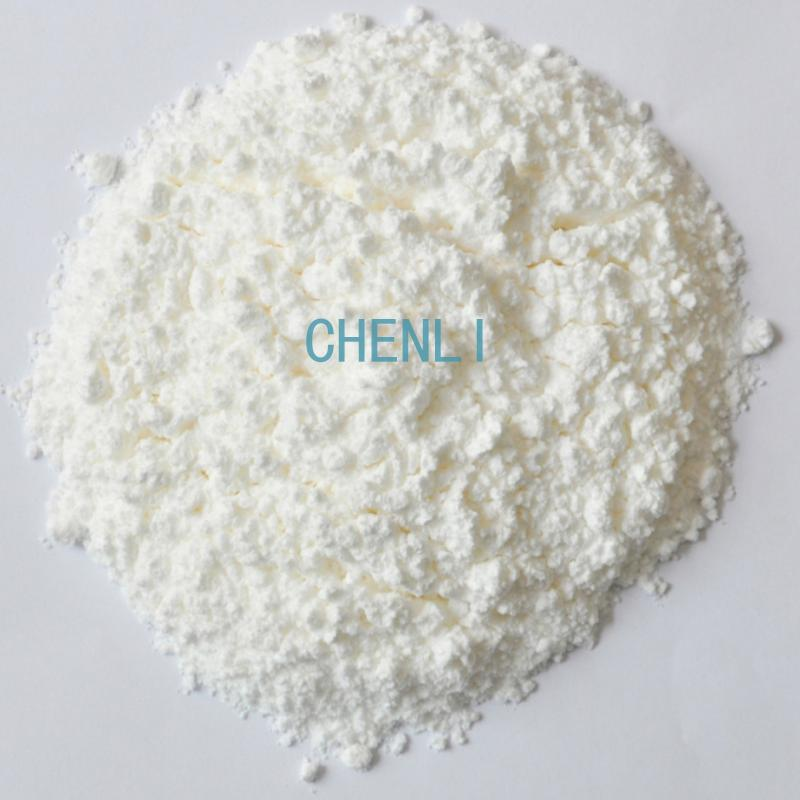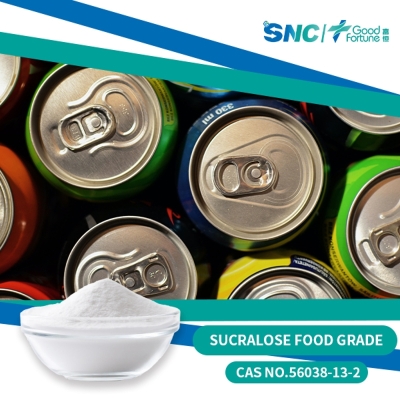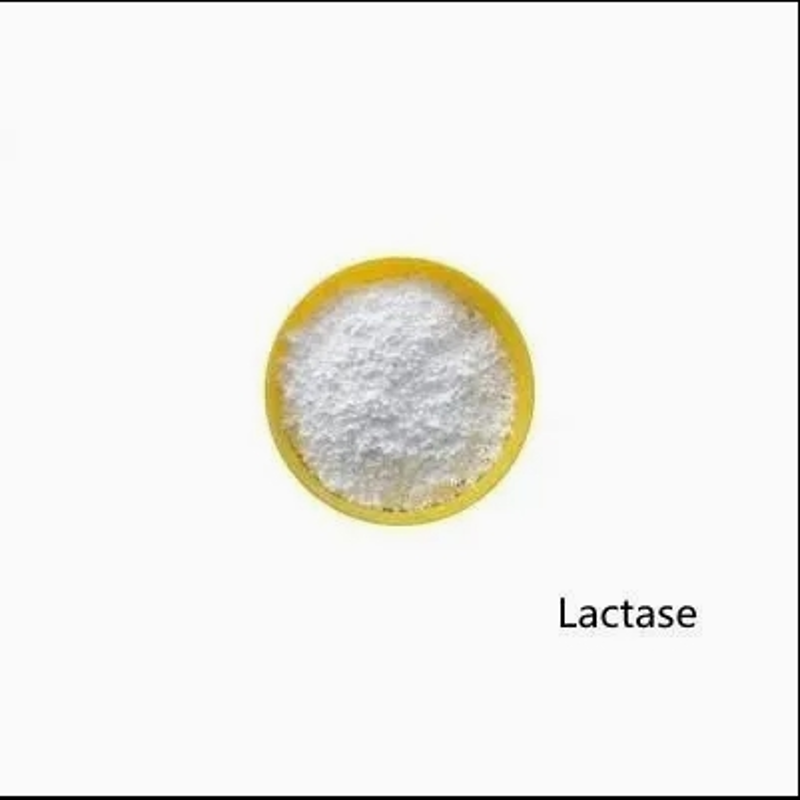-
Categories
-
Pharmaceutical Intermediates
-
Active Pharmaceutical Ingredients
-
Food Additives
- Industrial Coatings
- Agrochemicals
- Dyes and Pigments
- Surfactant
- Flavors and Fragrances
- Chemical Reagents
- Catalyst and Auxiliary
- Natural Products
- Inorganic Chemistry
-
Organic Chemistry
-
Biochemical Engineering
- Analytical Chemistry
-
Cosmetic Ingredient
- Water Treatment Chemical
-
Pharmaceutical Intermediates
Promotion
ECHEMI Mall
Wholesale
Weekly Price
Exhibition
News
-
Trade Service
The European Union's food safety agency
10
released a comprehensive risk assessment of artificial sweetener
-
aspartas sweetener reported that the average person in a safe dose of aspartas sweet is not harmful to health.a comprehensive risk assessment of artificial sweetener
-
asparta sweeteners released by the European Union's food safety agency on October
,
10, said that eating aspartas sweeteners in safe doses is not harmful to health.in this risk assessment, the EU Food Safety Authority has re-examined the results of all existing animal and human trials on the safety of aspartass, and its experts have ruled out the potential risk of genetic damage and cancer caused by aspartas.reported that eating aspartas sweets in safe doses does not cause brain and nervous system damage in adults and children, nor does it affect their behavior and cognitive function,
"
asparticles and their decompositions are safe for humans
in terms of current dose
s."Monson, head of food additives at the European Food Safety Authority, said it was one of the most comprehensive risk assessments of aspartas-sweetened safety. For the general population, the safe intake of aspartas is no more than
40
milligrams per kilogram of body weight per day, but the upper dose limit does not apply to patients with phenyloneuria;artificial sweetener asparta sweetener was discovered by chemists when they developed the ulcer drug in
1965
and is widely used in beverages, desserts, confectionery, dairy products and pharmaceuticals due to its high sweetness and low calories. In Europe, asparticose was approved as an alternative to sucrose in food since
1994.







